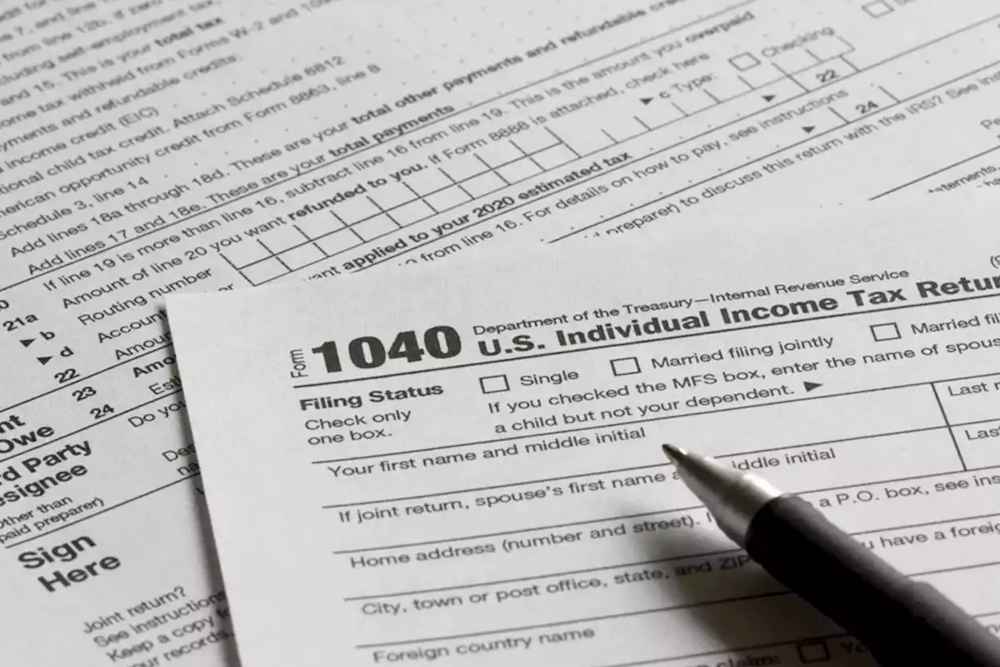 Budgeting for a Holiday: How to Save Money and Prepare Financially
Budgeting for a Holiday: How to Save Money and Prepare Financially
For some people, budgeting money is a way to get delighted about a holiday. They use it as the first strategy in the planning and a way to get themselves psyched up about a trip. Some people are certifiably insane.
Though for most of us, budgeting for a trip is like going to the dentist after bingeing on sugar for some months. However, budgeting is better than running out of cash during a trip and having to make an embarrassing call to parents or friends. Here is to successfully save money and budget for your next dream trip.
How much will you need for the trip?
Start your trip budget with the most significant expenses first- often this will be flights; however, the accommodation also adds up. Use guidebooks, destination pages, and guide apps to get specific information on a country’s standard costs. This information will be valuable when estimating expenses- you do not want to go to Singapore having budgeted money for a week in Malaysia; seriously, you will starve.
With a general idea of how long you will be away, you can work out a daily based cost on meal costs or roommates. You can also add in a little more activities, museum entry fees, and a couple of souvenirs you will possibly require when you are home. Do not forget last-minute taxi fares to the airport when you have slept through your alarm.
Allow your budget to accommodate occasional splurge. Include cocktails or skydiving. The worst holiday budgeting is a chain at your leg, pulling you from the best travel experience. It does not have to be costly; you can find your way around any place with a budget.
What should you buy before you travel?
Add in your pre-trip costs, which include visas, immunizations, and reliable travel insurance. Some travelers skip travel insurance, but if you can not afford it, look for alternatives. Even though nothing goes wrong, travel insurance pays for itself in peace of mind, and when something goes wrong such as losing luggage or canceled flights, it will come in handy.
Another pre-departure purchase is gear. Travelers, particularly first-timers, frequently over-invest in specialized travel gear; however, prioritizing is the key to saving money while still being successful in life on the road. A comfortable backpack is a significant investment. Another gear is a pair of decent shoes- possibilities are you will be spending a lot of time on your feet, so ensuring your footwear is not only comfortable but also durable and suitable for your essential needs is vital.
Other items to consider are clothing, which should be suitable for your environment, power adapters, and a good ol’ Swiss Army knife; however, remember to travel as lightly as possible.
Budget time the same way you budget money
Developing a spending budget is a crucial way to stay on top of your personal finances; however, also scheduling when you plan to shop- and setting reasonable deadlines- will keep you on target. Furthermore, the longer you wait, the more the prices will rise, and the more desperate you will be purchasing products at a premium since you are running out of time.
How to save money for the trip?
After you have worked out how much money you need, you have then got a figure you can save towards. Some individuals make this number their screensaver or put it on their fridge, utilizing this saving goal as inspiration to go to work every day.
Have your own style countdown as you save towards the goal. If you find it overwhelming, try budgeting applications such as Pear Budget or Mint. Mint includes countdown functions for your savings and can suggest ways to reduce your expenses. If you do not hit your saving goal, then it might be time to revisit the budget.
With this in mind, being practical is also an essential part of the money-saving process. Can you truly afford that swim-up luxury, or would you be equally content in a rustic beachfront bungalow for a fraction of the cost? If you are finding it hard to reach your financial goals, being flexible with your trip itinerary can assist get you on that flight a lot faster.
Keep money for a rainy day
It is common financial sense to have an emergency fund for the unexpected, whether it is a car repair, job layoff, or a sudden medical procedure; however, it is also wise to have some money tucked away for expected: however, no less expensive costs. When moving money into a savings account monthly, consider even tucking extra cash away in an easily accessible account for annual holidays and birthdays.
Clear your cache when looking for flights
There are many tips for scoring a cheap flight; however, not unless you want to wake up around 2.00 a.m on a Tuesday, then consider simply deleting your browser history before researching airfare. Most airlines track how often you visit their sites, and in doing so, they offer different deals and offers. The more they see you looking, the higher they will raise the prices.
Decide on your spending limit
Identify how much you have accessible to cover holiday expenses this year. When you are considering this amount, make sure you only use money that you have set aside for a holiday or additional money that you can find in your budget.
Do not plan to spend more money than you have saved with a plan to pay it off later. It is never a good idea to pay for holiday gifts on a credit card.
Track your purchases
After you begin the holiday season, keep track of all your purchases. Bring your gift list, together with a budget sheet, with you on every shopping trip. Additionally, ensure you keep track of the cost of your holiday-associated outings and other expenses so you will be able to budget next time more accurately.
As you start to purchase gifts and spend money, make sure you subtract the amount from your running Christmas budget total. This will allow you to know how well you are sticking to your budget and will make it simpler to make adjustments between categories if required. Tracking your expenses is the biggest key to sticking to your budget.
How to keep cash safe while traveling
There is nothing wrong with money pouches and belts; however, you could do just well having your valuables and money in an inside pocket of a zipped-up jacket.
Carrying your money in several forms and a few different places is always a good idea. Diversify your money, holding a little cash, an ATM card, and a credit card. Even though there are proper ATM locators for VISA, Mastercard and other major credit card providers, you will find that they can break down, run out of cash or otherwise fail just when you are required to pay that slightly creepy taxi driver. Sometimes cash is still the king. It is a good idea to carry a whip out, a small amount of loose money to pay for things as you are walking along. This way, your wallet is conveniently stashed, and potential pickpockets do not know where to hit you.
Of course, following the basics will go a long way- do not walk through dodgy neighborhoods at night, do not carry around massive wads of money, and use hostel lockers and hotel safes where possible. It is surprising how many penny-pinching backpackers leave wallets and purses splayed across communal dormitory beds before heading off for a long shower; that is one possible way to blow those hard-earned savings in record timing.
Bonus tips to help you budget easily for a holiday
- When shopping for a holiday, stick to a cash-only approach. Putting the gifts on a credit card will make it simpler to overspend.
- Shopping online will save you money and time as you comparison shop. Do not forget to look for free shipping codes and enable enough time for your gifts to arrive. Most online stores provide extra savings and free shopping over Black Friday weekend. Make sure you Cyber Monday Sales as well.
- Always add a few additional gifts to your shopping list. These gifts should be generic if you receive a surprise gift or forget to purchase for someone. It can keep your mind at ease and save you from scrambling to find something at the last minute.
- Earn more money to cover your holiday expenses by taking on a holiday job. This might be a good short-term solution if you forgot to budget for holidays during the year.

 Budgeting for a Holiday: How to Save Money and Prepare Financially
Budgeting for a Holiday: How to Save Money and Prepare Financially 









